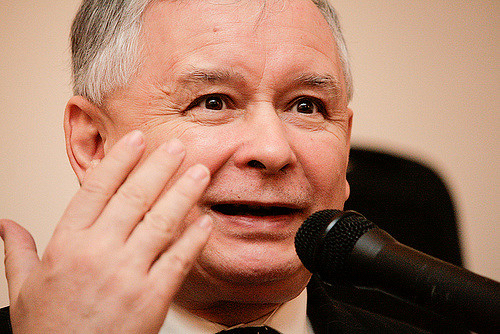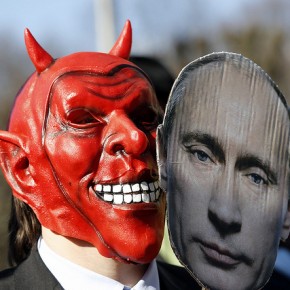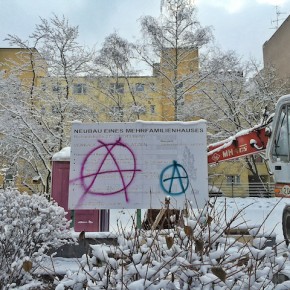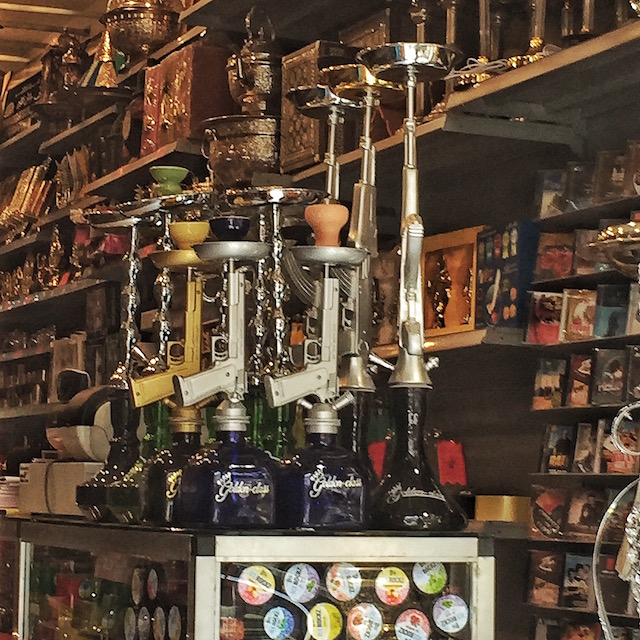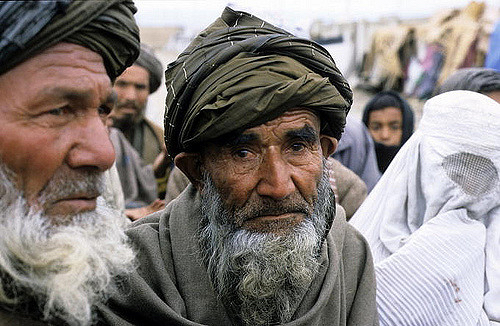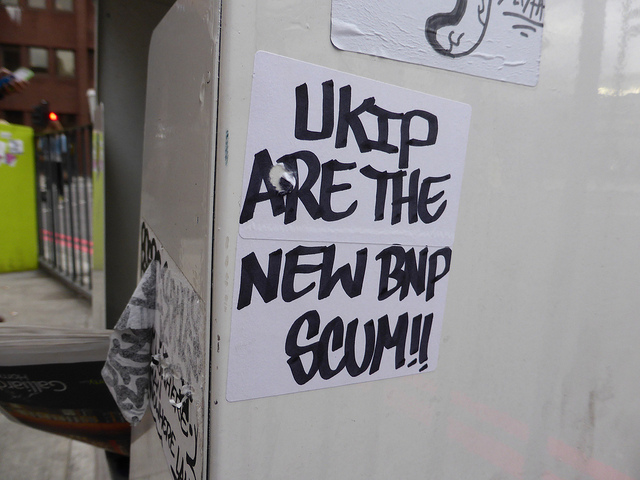Some 22 million Europeans watched the debate on 19 January, when Polish Premier Beata Szydło defended her government against EU allegations of breaching the rule of law.
The last time Poland made such global headlines was during the first Solidarity strikes, in the early 1980s.
Unlike the Communist era, however, few outside the country understand what today’s conflict with Brussels signifies.
The European Union’s allegations have some validity. But the Law and Justice party (PiS – Prawo i Sprawiedliwość) values the good of the nation – according to its understanding – over the rule of law. Its mandate, earned in the 2015 elections, is understood very broadly – as if electoral victory alone allowed the PiS to do whatever it wants to implement its ideas.
Universal democratic legitimacy
If we have a problem with the constitution, or so their logic goes, let’s change it. The Constitutional Tribunal a burden in passing our regulations? Let’s replace its judges. Courts and prosecutors uncooperative – let’s combine the Justice Minister’s position with that of the Prosecutor General.
Public administration has never been truly independent anyway, so let’s make it quicker and introduce a bill dismissing 1600 senior employees without delay.
Public media isn’t pluralistic, and supports moral permissiveness and leftishness? So let’s replace the staff.
And if we do not agree with a judicial sentence on one of our people, President Andrzej Duda will use his power of pardon, as he did with the former head of Central Anti-Corruption Office, Mariusz Kamiński, who is now a minister responsible for special services.
And if anyone has a problem with how PiS operates, sorry. Their justification is quite simple:
1. We were elected democratically, so we have democratic legitimacy for whatever we now do.
2. What we do is not unprecedented, neither in Europe, nor in the Polish past.
Not to mention our predecessor, the Civic Platform party (PO – Platforma Obywatelska), we don’t do anything they did not do. So, we can.
And thus the whole democratic system of check and balances is being dismantled, as Guy Verhofstadt duly diagnosed in his fiery speeches in the European Parliament’s discussion of Poland, on 19 January. No criticism of this policy of de-democratisation is considered valid.
Faces of Jarosław Kaczyński
Some facts. The presidential elections in May were won by Andrzej Duda – a politician barely heard of before.
By his supporters, he is perceived to be a very good president; by the rest, he is considered to be a puppet of Jarosław Kaczyński.

October’s parliamentary elections were won by the PiS, who gained a ruling majority. The new Prime Minister, Beata Szydło, seems to be a fast-learning and increasingly self-sufficient leader.
Szydło is not moderate yet, but already has managed to use more conciliatory tones during last week’s debate at the European Parliament.
In the new PiS cabinet, there are some highly competent technocratic ministers, such as the Deputy Prime Minister, Mateusz Morawiecki, and Minister of Digital Affairs, Anna Streżyńska.
In addition there is the EU Affairs Minister Konrad Szymański, a formerly excellent MEP, now trying to balance the often far-fetched views of the Foreign Affairs Minister, Witold Waszczykowski, (famous for identifying “vegetarians and cyclists” as Marxist enemies).
But there is also a wing of hardliners. As well as Ziobro, Waszczykowski, and Kamiński, there is Defence Minister Antoni Macierewicz, and the Home Affairs Minister Mariusz Błaszczak.
Behind this machine stands the grand puppet master, Jarosław Kaczyński. He orchestrates the whole PiS machine. He is the real leader, and does not tolerate any dissent. He could perhaps stand in presidential elections himself, but the president has broad but limited powers. The same with being prime minister. It is better to remain the power behind the throne.
And let’s be fair, it is no mystery, not even an open secret. PiS voters and politicians chose Kaczyński, not Duda or Szydło. President Duda himself once said to Kaczyński: “Mr Prime Minister, you are a great politician, strategist, but also a great man. It takes a great man and patriot to – despite obvious ambitions – hand over the power to people you have closely cooperated with.”
What idea stands behind this spectacle? Part of it is national pride.
Kaczyński revealed his real motives in his 23rd January lecture at the College of Social and Media Culture – a private school of the Reverend Tadeusz Rydzyk, another éminence grise of the Polish political scene, who exercises spiritual leadership via his Catholic, highly-politicized media, Radio Maryja and TV Trwam.
According to the PiS president, the democratic change of 1989 was only a socio-technical manipulation. The political, administrative and media machines coopted Communist leaders and ideas, consolidating them within the structure of the Polish state.
Thus it is necessary to start anew. And finally make Poland a country of democracy, freedom, and Catholic values, with the status of a global power.
Kaczyński seems to truly believe in this grand scenario. And while his politicians believe in him, they believe even more in his power to keep them in power.

Two Polands
There are two Polands now: PiS Poland and non-PiS Poland. And this divide is not new, merely augmenting. On the one side of the split there are the progressive, politically-oriented Poles (liberal, centre-left, green), and on the other, there are the conservative Poles (centre-right and right-wing). The two groups share only one thing – a mutual distrust and lack of understanding of the other.
“Polish society is generally characterized by a low level of social capital, where a lack of trust towards one another, to the media and politicians plays a major role shaping the socio-political landscape” (according to “Social Diagnosis 2015”, Janusz Czapiński; ESS – European Social Survey 2012).
Now the non-PiS Poland holds demonstrations in more and more cities (including last Saturday in Prime Minister Szydło’s hometown of Brzeszcze) against assaults on democracy, freedom and the rule of law.
On the other hand, PiS Poland ridicules the protests as ‘Warsaw hipster whims’, or as a symptom of the fur-wearing rich, and organises its own demonstrations to support the government. There is no space for compromise.
Neither crowds in the streets, nor European and global pressure, can stop PiS crusade towards their vision of the future Polish state.
The PiS vision may seem extreme, if compelling to its supporters. But it does not merit or legitimise abuse of power, and democratic principles.
Photographs courtesy of Piotr Pazola, Tomasz Przechlewski and Slawek. Published under a Creative Commons license. This article previously appeared in EurActiv and Contrepoints.
